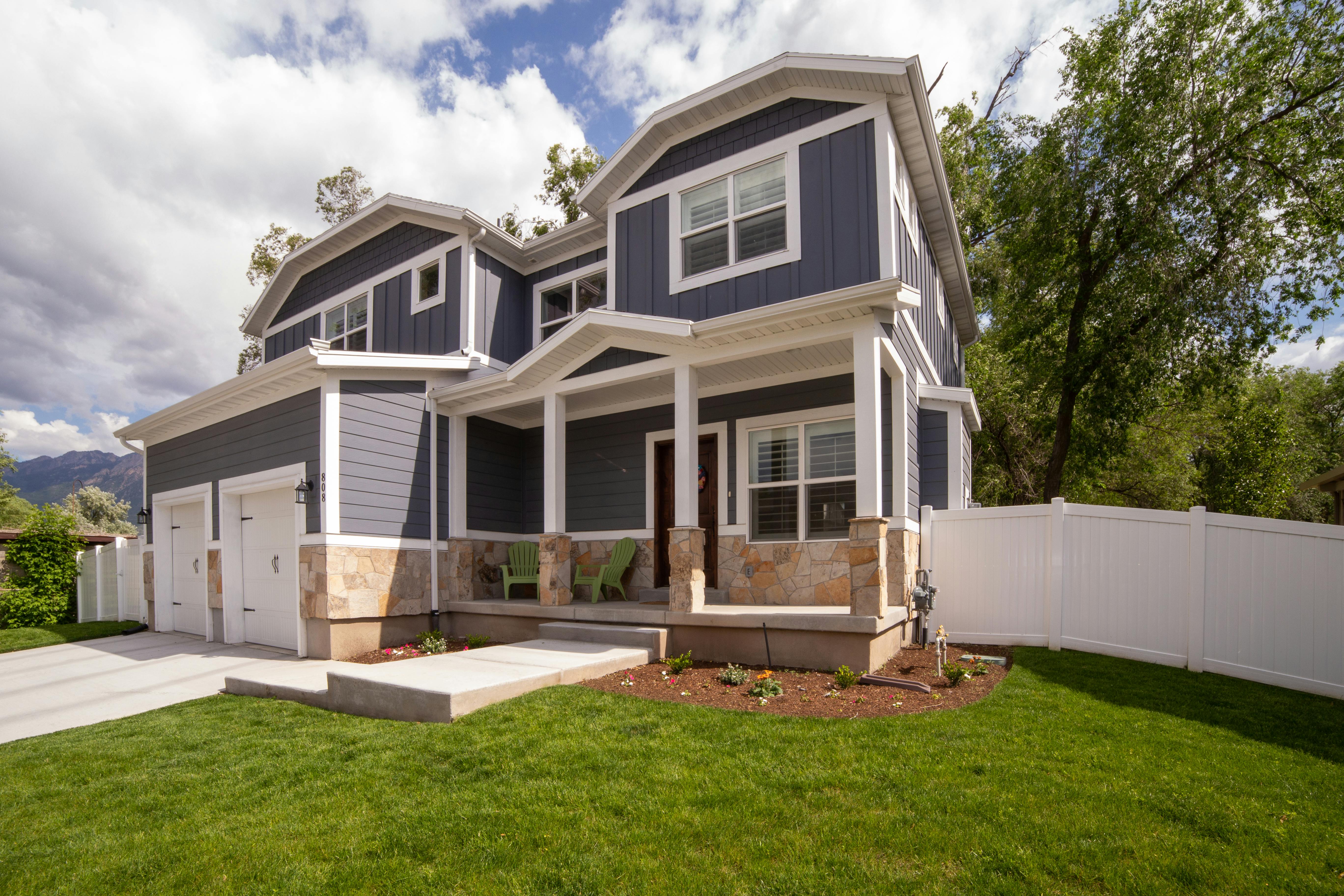
Mobile Homes: Little Boxes That Spit Out Cash
Whether you call them trailers, mobile homes, or more accurately, manufactured homes, they’re worth incorporating into your real estate investment plan.
Manufactured homes are the most affordable type of housing available and there is a high demand for affordable housing in the United States today. Consider that in December 2004, the median price for a site-built home was $187,000 and the median price for a new manufactured home was $50,000. With stricter building codes and new technologies, the quality of homes prefabs just keeps getting better.
For the investor, manufactured homes generate the most cash flow of almost any investment. The reason is logical: Market rents for manufactured homes are only slightly lower than comparable site-built homes, but manufactured homes cost substantially less to purchase.
Let’s clarify the terms of this deal. Although mobile home and manufactured home are often used interchangeably and both refer to factory-built dwelling units, mobile homes are mobile dwelling units built before June 15, 1976, and manufactured homes are mobile homes built after of that date. Although most mobile and manufactured homes are technically mobile because they have wheels and can be moved, most are installed on one site and never relocated.
Mobile homes can be located in parks or on private land. In parks, owners typically lease their lots from the park owner, who sets the rules and regulations for the park, maintains common areas, and may provide various amenities. In most cases, when a mobile home is located on private land, the homeowner also owns the land.
If you’re not familiar with the mobile home market and have some negative preconceived notions about it, let’s talk about them now. Yes, there are mobile home parks that fit the negative stereotypes you may have heard with problematic occupants and dilapidated facilities. But there are substantially more middle-income and retired families choosing to live in manufactured homes, and these are people who take pride in and care for their homes and neighborhoods. Manufactured homes have never been more respectable and desirable than they are today, and that trend is likely to continue as site-build costs continue to rise.
Finding and Investing in Manufactured Homes
Opportunities to invest in mobile/manufactured homes are greatest in younger and smaller cities, suburbs, and rural areas. While you’re not likely to find mobile homes in New York City or downtown Boston, you most likely won’t have to look far to find a market for this type of affordable housing.
Study your market and test the waters by buying a few units. Look for used houses that may need a little repair; they can be purchased for a fraction of the cost of a comparable new unit. Once you’re familiar with this aspect of real estate investing, consider moving into park ownership.
If you’re interested in multi-unit residential housing, manufactured home parks are a great alternative to small and even medium-sized apartment buildings. Not all parks are the same. They vary greatly in size and amenities. The three basic types of parks are family, retirement, and RV parks.
Family parks welcome renters of any age and are the easiest to find renters. However, they tend to have higher tenant turnover and require more management. 55+ retirement communities have lower tenant turnover and are easier to manage, but are more difficult to find tenants due to age restrictions. RV parks have the highest turnover with large seasonal variations and high management intensity. Unless your location is superior, this type of park is the most difficult to find tenants.
One strategy for investing in mobile home parks is to buy a park with a high vacancy rate, great income potential, and poor management. Fix the management, fix the park and fill the vacant units. Then put the park on the market at its new value and make a quick profit. Or keep the park and enjoy your increased income.
Essentially, any proven real estate investment strategy (wholesale, foreclosure, lease option, etc.) will work just as well with manufactured homes as it will with site-built homes, and will generally generate a higher cash flow. cash. Because manufactured homes cost less to buy, they’re great opportunities for a beginner without a lot of cash, even as they’re tremendously attractive to seasoned investors who want solid returns. Chances are they are perfect for your own wealth building plan.






